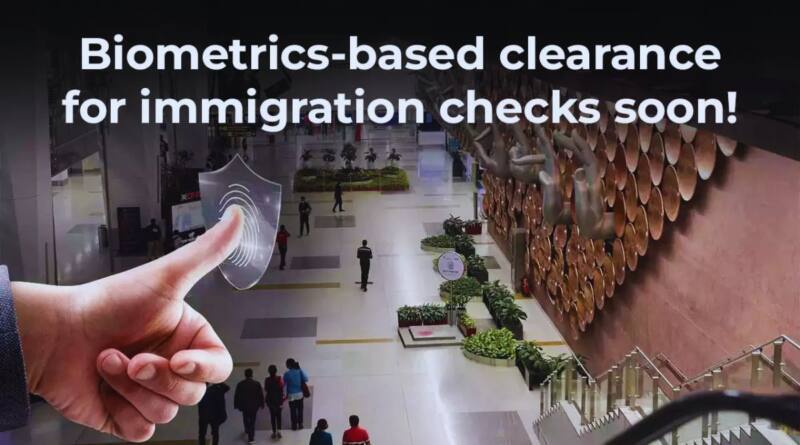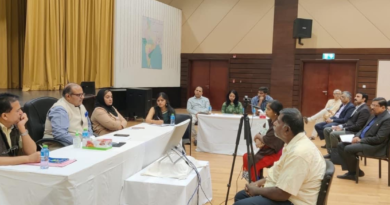Interesting The Government Intends to Implement Now Biometric Immigration
This policy, which requires Cabinet approval, aims to streamline laws, alleviate security and immigration bottlenecks, allocate international flying rights, and build the infrastructure needed to position airports like the one in the National Capital as competitive transit hubs.
The biometrics-based system will include automated immigration clearances, which will eliminate the need for physical passport verification, as well as facial recognition or fingerprint authentication to confirm passenger identities.
There are also discussions about incorporating the DigiYatra app into this process, which is currently used to provide paperless journeys for domestic air passengers.
The DigiYatra project, led by the private non-profit Digi Yatra Foundation and co-owned by the Airports Authority of India (AAI) and private airports, is currently developing a prototype for electronic passport-based enrollment.
For first-time visitors to India, enrollment requires iris, facial, and fingerprint biometrics at manual counters, with subsequent trips benefiting from automated clearance routes.
This system will first be implemented at airports in New Delhi, Mumbai, and Bengaluru. This initiative will initially be limited to international passengers. Indian citizens will gain access once the government issues e-passports. E-passports will combine paper and electronic elements, with a radio frequency identification chip and antenna embedded in the back cover.
Critical information from the passport will be printed on the data page and stored in the chip. Full-scale manufacturing and issuance of electronic passports are expected to begin once the technical ecosystem and infrastructure have been completed and tested successfully.
The issuance of electronic passports aligns with the Centre’s goal of transforming India into an international travel hub. The government also intends to provide single-point international connectivity for the entire South Asian region. In May of last year, aviation minister Jyotiraditya Scindia announced that Rs 1 trillion would be invested in airports. He went on to say that over the last nine years, 74 airports, heliports, and water aerodromes have been built to strengthen India’s aviation sector.




